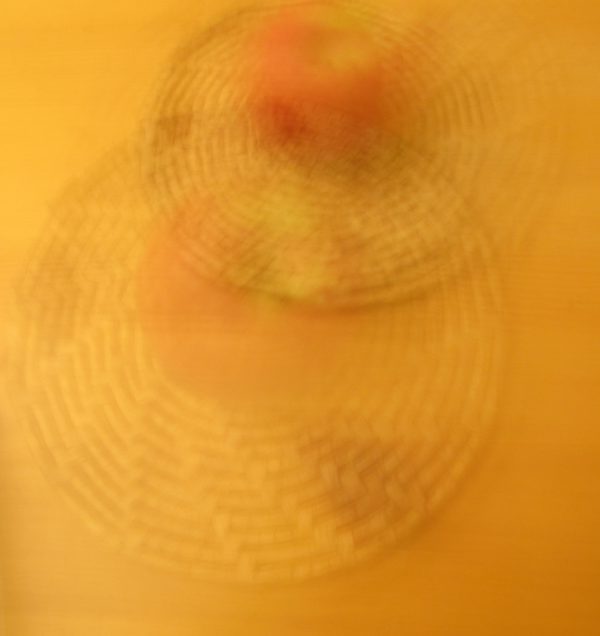»In Praise of Anamnesia« addresses the ability to recall past events; to assemble a recollection of memory contents that »have been lost or repressed by the logic of modernity, medium-specificity, linguistic politics, and the pressure of conformity that the nation-state and its cultural pathologies can impose.« Four, until now, unpublished poems by Ranjit Hoskote invite us to experience the individual aura of recollected fragments in the body of a poem where »episodes from a lost continuum can be assembled into a new and discontinuous transmission.« The poems are accompanied by photographs from the series This House Once Stood in Another Country by Nancy Adajania.
»In Praise of Anamnesia«
by Ranjit Hoskote
Anamnesia is an act of resistance against the pervasive threat of forgetting. By including the condition it aims to overcome, the word reminds us that the opposite of forgetting is not a relatively undifferentiated act of encyclopaedic remembering; it is not simply the militant strategy of committing every possible detail of experience to the archive. On the contrary, remembering is a repertory of diverse, sometimes mutually exclusive gestures. It involves the activation of isolated yet compelling images of hope from the past, yet also the operation of the fugue, which buries trauma, yet signals its unnameable persistence. It embraces the projection of desire disguised as memory; it denotes both the repression of some memories and the retrieval of other memories from the attempted erasure of repression.
As a poet, I regard anamnesia as a vigorous aesthetic challenge and also an intensely political choice. As an anamnesiac, I revisit ancestral sites and presences in various languages, bringing these experiences into the present of my own writing through translation, transference, and allusion. My emphasis would be on the retrieval of memory contents that have been lost or repressed by the logic of modernity, medium-specificity, linguistic politics, and the pressure of conformity that the nation-state and its cultural pathologies can impose.
In the context of a particular society, anamnesia would embody the expansion of one’s sense of subjectivity beyond the authorized and usually territorial genealogy of the collective, as approved by the nation-state. Anamnesia, in a political sense, is the attempt to restore the mercurial, transgressive, transcultural polyphony that is muted by the singular voice of a nativist, conservative or authoritarian politics. It embodies the project of expanding subjectivity along an accordion of scales; of distributing subjectivity across space, time, and plural frameworks of belonging.
Anamnesia can articulate itself in the body of the poem, the structure of the poetic text, in a number of ways: the poem becomes a venue of encounter among fragments, each carrying its individual aura; a magnetic field of dispersal where episodes from a lost continuum can be assembled into a new and discontinuous transmission; a provisional lexicon for a journey far from complete. From the French poet René Char, I would borrow the image of the poem as an archipelago: each word an island in a shifting ensemble of islands, the oceanic spaces between them just as resonant as these momentary points of embarkation and departure. Across tide and landfall, a cartography of archaisms and neologisms, canticles and liturgies, nocturnes and aubades.
(Akademie Schloss Solitude, Stuttgart/Germany, May 24, 2016)
All photographs are taken from the series This House Once Stood in Another Country by Nancy Adajania, 2010.
